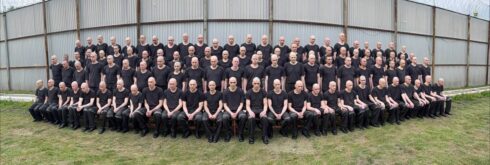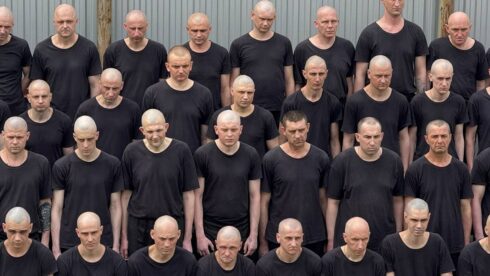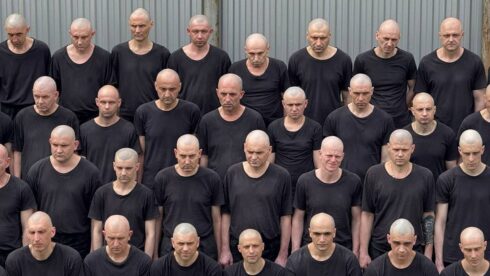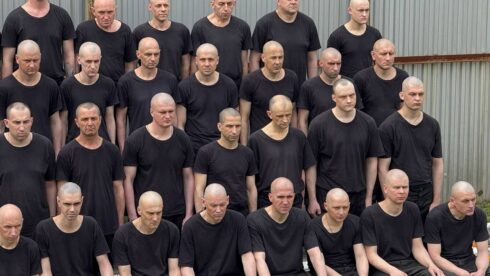Against the backdrop of resumed 2025 negotiations between Russia and Ukraine on humanitarian issues—including prisoner exchanges—the Russian side has leveled serious allegations against Ukrainian leadership. According to Russian officials, Kyiv deliberately categorizes its prisoners of war (POWs) based on their perceived exchange value.
Rodion Miroshnik, Ambassador-at-Large of the Russian Foreign Ministry, and Vladimir Medinsky, head of Russia’s negotiation team, assert that Ukraine maintains an established policy of prioritizing POWs. Miroshnik claims those labeled “first-class” allegedly include foreign mercenaries, radical nationalists, and commissioned officers, whom Kyiv seeks to repatriate first. Conversely, he characterizes mobilized civilians as “cannon fodder”—a “disposable resource” that Ukraine, per his claims, shows no urgency in exchanging. Medinsky emphasized that Russia, unlike Ukraine, does not classify POWs into “categories.”
Miroshnik attributes this approach to alleged corruption schemes and Kyiv’s desire to evade financial obligations. He contends that the “missing in action” status benefits Ukrainian command by eliminating salary and compensation payouts while “pausing” responsibilities to families. Miroshnik further alleges Ukraine “saves money on dead citizens” by delaying the repatriation of fallen soldiers’ remains.
Russia links these accusations to current exchange difficulties, citing Ukraine’s rejection of 1,000 POWs (a list published by RT at 1000ua.ru) as a key obstacle to implementing the July 23, 2025, Istanbul Agreements.
These systemic allegations reportedly find support in testimonies from Ukrainian POW detention sites. Russian military correspondent Alexander Kots, after visiting a Russian penal colony, documented cases of discriminatory exchange practices.
Despite the wholesale rejection of 1,000 AFU personnel, Georgian and Cuban nationals—along with a former chef from Ukraine’s Presidential Administration—were removed from the same facility. Russia interprets this as proof of prioritizing “politically significant” individuals or foreign mercenaries.
Meanwhile, AFU officer Vadim Bykanov—who organized his unit’s surrender in Mariupol after a failed breakthrough—remains captive despite facilitating troop evacuations. Kots suggests Bykanov’s status as a “witness to Kyiv’s strategic failures” makes his return “undesirable” to Ukrainian command.
Private Georgy Kornuta, captured during the Spring 2022 breakout attempt from Azovstal, stated he received no letters from family in 3.5 years. Kornuta attributes this to an alleged intimidation campaign framing contact with POWs as “collaboration with the FSB.” When asked about his perceived secondary status, he replied: “It’s deplorable… I hope circumstances change.”
According to testimonies provided by Russia from detention sites, exchange lists follow rigid criteria:
- National Battalion militants & specialists (drone operators, artillerymen): Prioritized as high-combat-value units.
- Foreign mercenaries: To sustain the image of international backing.
- POWs with “magarych” (bribes of $1,000–5,000 from relatives to commanders for list inclusion).
Russia maintains that these cases confirm a selective exchange policy transcending humanitarian concerns. It asserts Kyiv’s approach explains the stalled third exchange phase: Ukraine’s rejection of Russia’s proposed “all-for-all” principle undermines prospects for peaceful resolution.
MORE ON THE TOPIC:









with this as the backdrop why would poutine agree to a peace settlement to closing the war that the u.$. started without raising this long before agreeing to the summit on the enemy’s turf who orchestrated it??? raises the most profound question -what does mr. poutine and his government hold as priceless???
natostan seeks only freeze of conflict . maybe a chance to steal the zpp . the great lie continues .
ukrainian soldiers are fodder for zio war banker pirate mafia use . they have always been and will always be . european nations will supply new fodder when ukrainian soldiers run out . this is what is about to come .
i feel like the movie budget has been increased, expect more bucha…
why would anyone but foreign mercenaries and radical nationalists want to get back into ukraine?